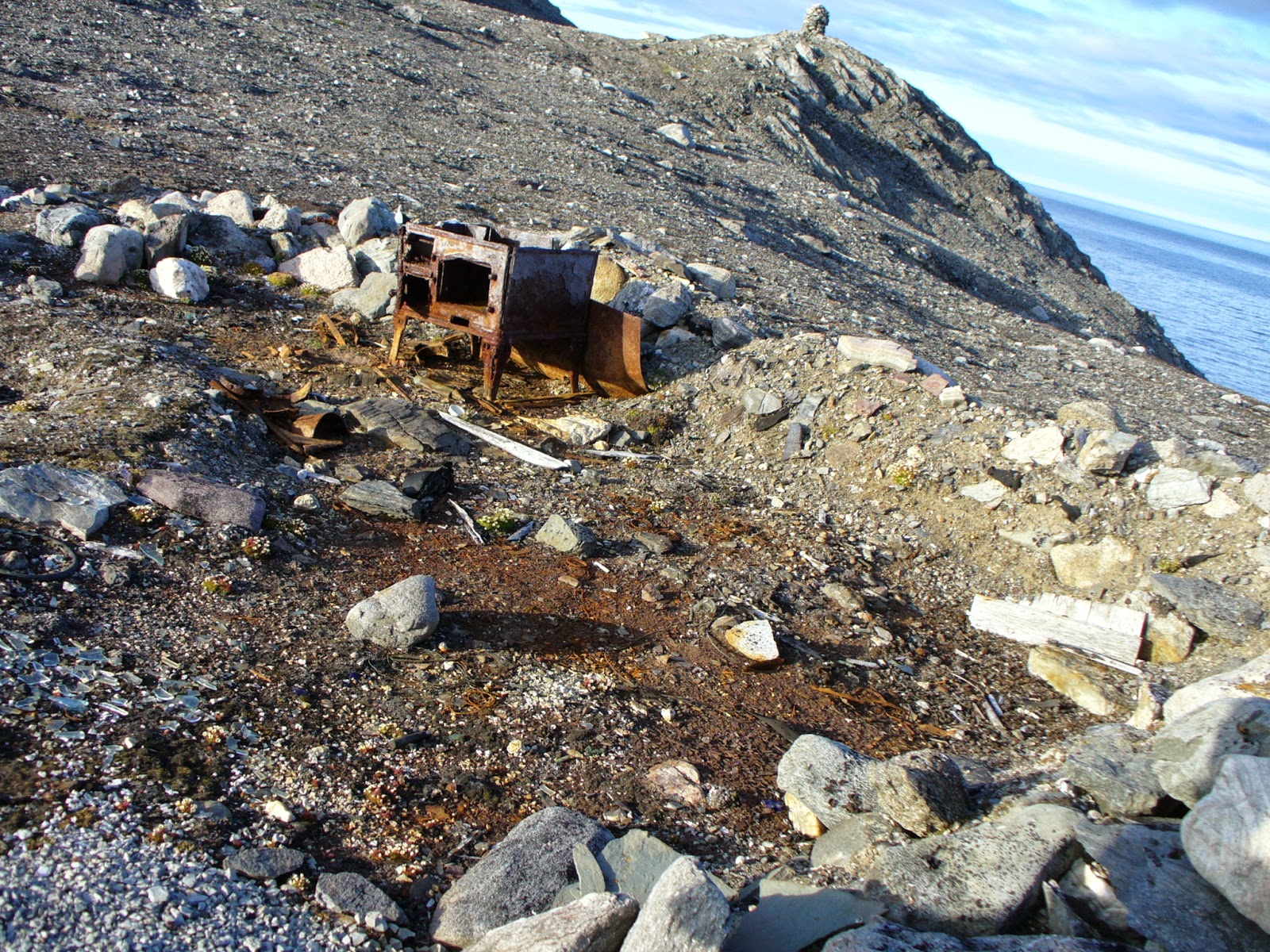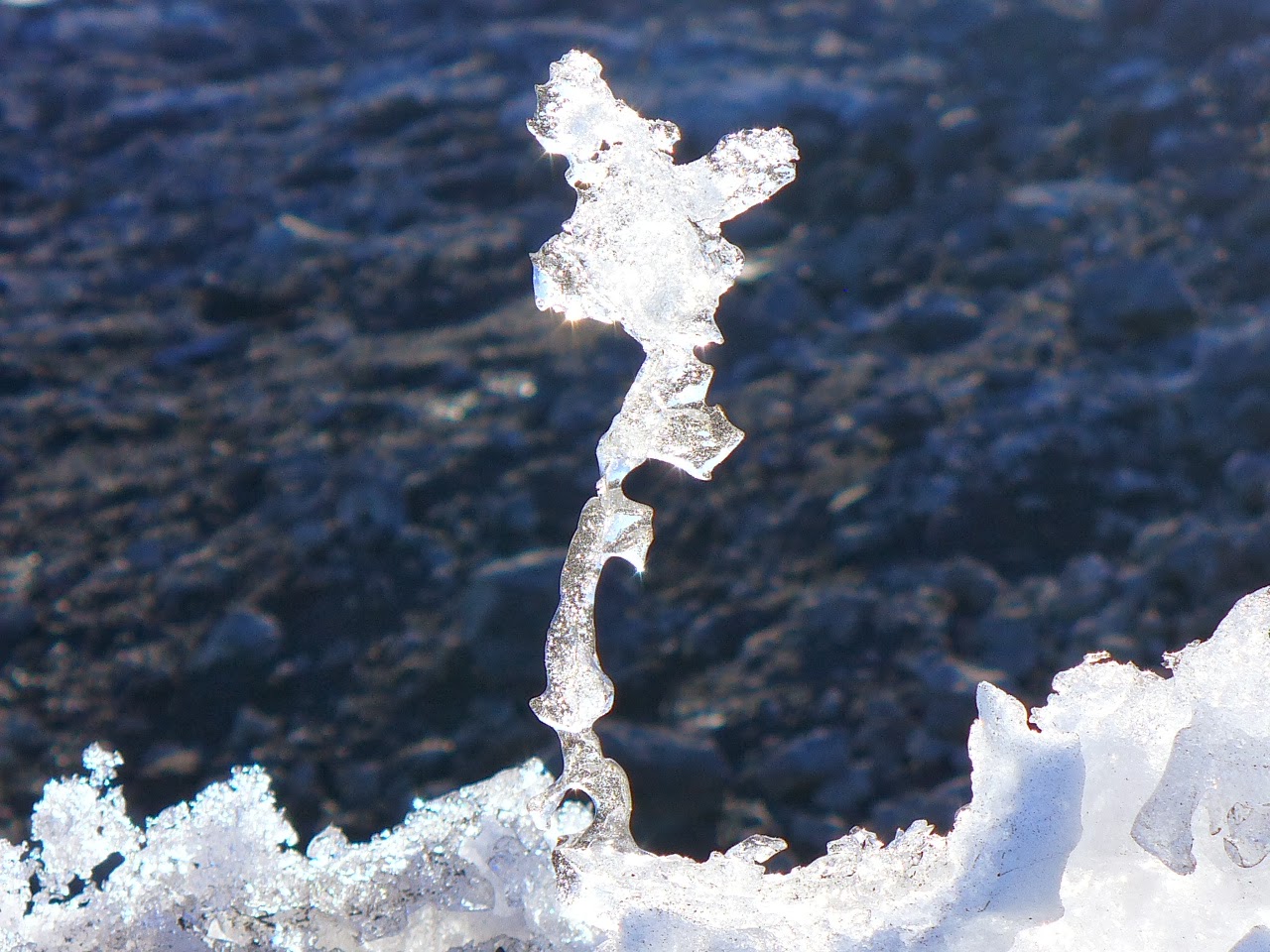NorthWrite Website
Before I went, I had no idea what 'creative non fiction' was, and even since I am not totally sure... I can say that it is a merging of fact and fiction, where facts become friendly to the reader.
Now, since having written a PhD thesis, I found this thought slightly bemusing - facts cant become friendly, they are simply facts. You put them all together, use them as evidence, back up your arguments - there is nothing creative as such about that!
But we did an exercise, where the instructions were to imagine a place/building/outdoor space that is important or special to you. Describe the physical aspects, history, why I like/dislike it and so on. Then put yourself in that space, and write 1 - 2 paragraphs about emotions it evokes, how you feel about it and why, plus some facts (eg age, colour, etc). I found this exercise fascinating - first, because it was not after seriously researching some aspect of flower colour. Second, because the facts simply 'fit' in after some emotional creations!
Here is my short paragraph:
As I walked up the edge of the small, rocky beach onto the narrow neck that connects Bicayahuken to the mainland, the late afternoon angle of the sun hit me right in the face. A glacier, shining blue-white was edging down into the bay. The bay itself looked like something from the east coast of New Zealand. I felt like an early explorer, on my own heroic adventure despite being part of a student group. Biscayahuken is a small point of land in the north of Spitsbergen. It is named after the Biscay Whalers that were present in Svalbard during the 17th and 18th Centuries and has experienced human inhabitation. There were few remnants of human occupation these days. The rocky outline of a small hut with permafrost-churned grave sites nearby. Maybe they died from illness, perhaps old age. Noone in the group knew, and that seemed a poor legacy to have left behind. Rusted nails, broken glass and odd pieces of wire and such were strewn about, in between the small clumps of Saxifraga caespitosa. I could see that nature was simply going on, as it had done even when the occupants of the graves had been standing where I was.
 |
| Hut remnants at Biscayahuken, 2010 |
 |
| The view of the glacier |
"Tread softly for you tread on my life"
 |
| Saxifraga cespitosa |



